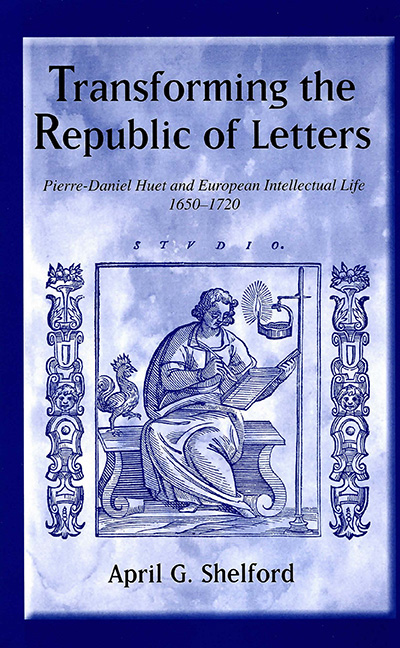Book contents
- Frontmatter
- Dedication
- Contents
- List of Illustrations
- Acknowledgments
- Introduction
- Chapter 1 The Road to Parnassus, 1648–61
- Chapter 2 The Lives of Poems, 1653–63
- Chapter 3 The Empire of Women, 1651–89
- Chapter 4 The Gate of Ivory, 1646–90
- Chapter 5 Defending Parnassus, 1666–92
- Conclusion A Dialogue with the Future
- Notes
- Selected Bibliography
- Index
Chapter 2 - The Lives of Poems, 1653–63
Published online by Cambridge University Press: 11 May 2017
- Frontmatter
- Dedication
- Contents
- List of Illustrations
- Acknowledgments
- Introduction
- Chapter 1 The Road to Parnassus, 1648–61
- Chapter 2 The Lives of Poems, 1653–63
- Chapter 3 The Empire of Women, 1651–89
- Chapter 4 The Gate of Ivory, 1646–90
- Chapter 5 Defending Parnassus, 1666–92
- Conclusion A Dialogue with the Future
- Notes
- Selected Bibliography
- Index
Summary
Mais scaves vous bien, Monsieur, que les Rois mesme . . . tout puissans qu'ils sont, ne sçauroient faire un Poëte?
—Moisant de BrieuxListening to Poetry
Johannes Georg Graevius remembered well his first experience of Pierre-Daniel Huet's poetry. In the early 1650s, he was attending a scholarly gathering at the Musaeum in Amsterdam. Alexander Morus presented a long poem in the style of Lucretius, claiming that no one had ever imitated the ancient poet's style as perfectly. When Morus finished, Graevius exclaimed how wonderful it was that Morus had shared these poetic riches—an excited demonstration of good taste that perhaps convinced the assembly to accept Graevius into their company. Graevius also pledged to seek permission to publish it so others could savor its pleasures. The pledge took decades to fulfill, but he befriended Huet in the meantime. Huet's letters often included gifts of poems.
Huet composed Latin poetry from his teens into his eighties—odes, elegies, and eclogues as a young man, hymns and paraphrases of the Psalms as an aging bishop. Huet's subjects ranged from the prosaic to the sublime, from tea drinking to the chemistry of salt to the decline of learning. Scholars have generally neglected these poems, but the effort Huet devoted to them and the pride he took in them suggests the wisdom of taking a closer look. Indeed, he very much wanted posterity to acknowledge his poetic gifts, so much so that a vernacular poet accused him of amour-propre when it came to his poetry. Thus, Huet included several poems in his autobiography (nearly all of which were omitted from the nineteenth-century French translation), and he was anything but indifferent to the publication of several editions of his poems before he died.
The poems interest us first because they often provide biographical details and evidence of attitudes that counter the image Huet projected in his autobiography. They also yield insights into how a young man could further his intellectual career in seventeenth-century France. Poems did much to establish Huet's intellectual reputation before he published a single scholarly work, and they helped him to secure patronage. Most important, neo-Latin poetry—its composition and reception—was a social practice as well as a scholarly and creative activity. Poems were currency in the republic's gift economy; they initiated and strengthened friendships. They carried emotional messages, too, although these were frequently as cloaked in self-conscious classicizing as they were in learned correspondence.
- Type
- Chapter
- Information
- Transforming the Republic of LettersPierre-Daniel Huet and European Intellectual Life, 1650–1720, pp. 45 - 76Publisher: Boydell & BrewerPrint publication year: 2007

